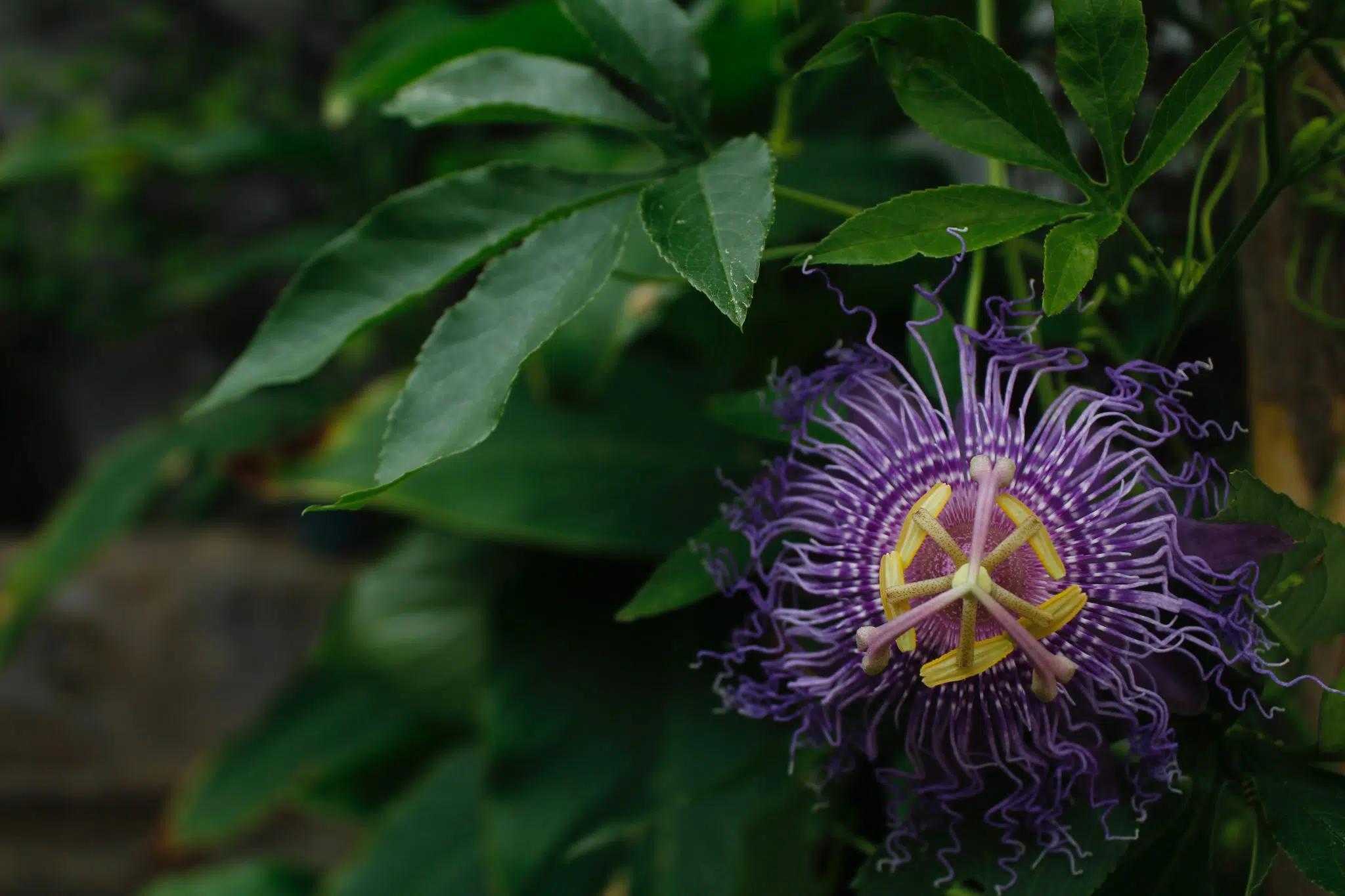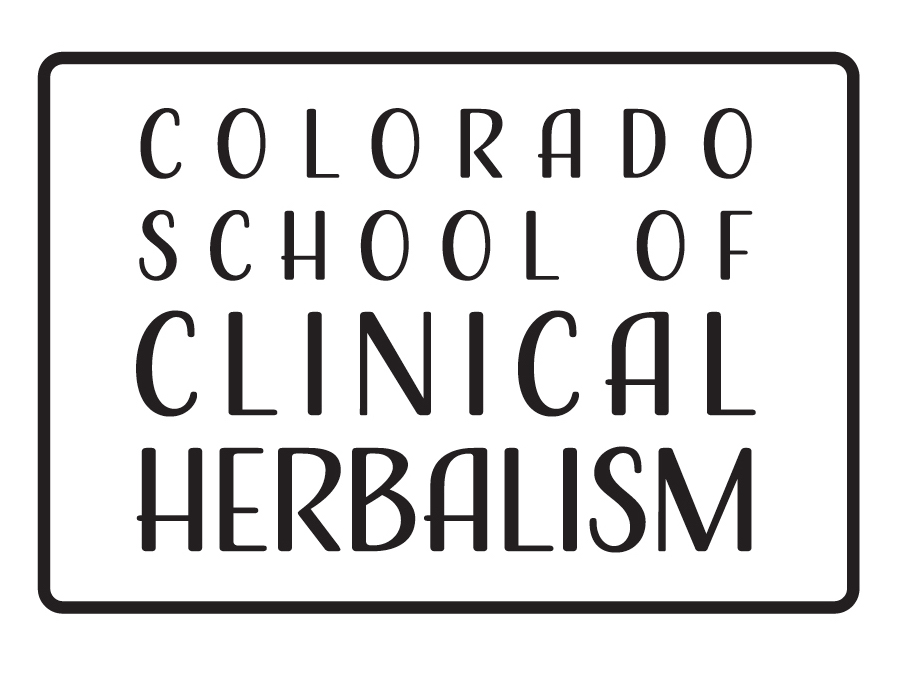
Author: Meg Drennan, CH, CN
We are in the midst of a mental health crisis right now in America. With up to one third of the population suffering from an anxiety condition during their lifetime, anxiety disorders are the most common type of psychiatric disorder in the United States. Currently, one in five people has a type of mental health issue. These numbers may even be underestimated, as anxiety conditions often go undiagnosed and the people suffering from them are often left untreated. In our busy modern age, there is often a tendency for people to accept stress and anxiety as a normal aspect of living, and they don’t always seek out support to appropriately cope with these concerns. This is very distressing. Mental health conditions that impact one individual also affect a greater group of people, including that person’s family and friends. This means the number affected by anxiety conditions is much greater than what is being documented.
While there are several conventional approaches to treating anxiety, modern medicine has been trying, without much success, to treat mental disorders with pharmaceuticals. Only about 50-60% of people respond positively to medication and psychotherapy, and only a quarter of those individuals have complete resolution of their symptoms. Another factor in the equation involves shame. Many individuals face shame or criticism by the unfair social stigma around mental health issues, which puts them at additional risk for developing other mental health conditions like depression over time. Unfortunately, allopathic practitioners and physicians aren’t often taught about other holistic therapeutics that can support their patient’s mental health and well being. However, more and more research is coming forward that paints an eye-opening picture as to the value of focusing on alternative medicine approaches, nutrition, and herbs when it comes to brain health.
There are many ways that a person suffering from anxiety conditions can support their mental health with Vitalist means, including through diet, herbs, flower essences, and mindfulness practices. In this blog, I will be focusing on foods to embrace and avoid, herbal actions that can offer support and restoration to one’s nervous system, and a handful of flower essences that can support our emotional and mental well-being.
Nutrition
Even if you don’t personally suffer from an anxiety disorder directly, you can probably intuitively understand that the mind-gut connection is significant. Think of how your gut feels when you are feeling nervous. “Butterflies in your stomach,” or a “pit in the stomach” can often happen when we feel nervous or are feeling a sense of dread related to a situation we are facing. It can often result in gastrointestinal complaints or even impact our appetite. Or, consider how drinking coffee or eating sugar can impact our mood and behavior. Feeling jittery, or “hopped up,” can sometimes result in feelings of anxiety or stress. The foods that we eat have a direct impact on our gut and mental health. When a person eats an unhealthy diet full of high-fats, high-carbs, fried foods, and other processed foods and chemicals (like artificial sweeteners), it often results in reducing our brain serotonin production in some regions of the brain, increasing the likelihood of developing symptoms of anxiety. Luckily, there are many foods that help alleviate or relieve anxiety, including:
-Dietary Fiber: Research has shown that diets rich in dietary fiber may reduce the risk of depression, anxiety, and stress. Fermentable dietary fiber especially promotes the growth of “good” gut bacteria, including Bifidobacterium and Lactobacillus, which have positive effects on our mood by activating brain pathways and nerve signaling that can help reduce anxiety. Some high-fiber foods include beans, brown rice, berries, bran, pears, apples, bananas, broccoli, Brussel sprouts, carrots, artichokes, almonds, walnuts, amaranth, oats, buckwheat, and pearl barley. Drinking inulin-rich teas like Dandelion or Burdock root also offer prebiotics, which feed our gut flora.
-Omega-3s: The reduction in anxiety by having the right balance of Omega-3:Omega-6 fatty acids is thought to occur via anti-inflammatory and neurochemical mechanisms that affect the brain, like through the dopamine pathway. Adding in healthy fats by eating fish, seafoods, nuts and seeds that are rich in EPA/DHA/ALA, and switching from vegetable oils to healthier olive, avocado, and coconut oils can help balance the omega-6 load and reduce inflammation in the brain.
-Aged/Fermented/Cultured Foods: Fermented foods like unsweetened yogurt with cultures, sauerkraut, kimchi, kefir, and kombucha can enhance healthy gut function and decrease anxiety, as well as possibly offer protection for the brain. By improving gut bacteria, the good flora may suppress the stress response through the HPA-axis (Hypothalamic-Pituitary-Adrenal Axis), and neurotransmitters like GABA and serotonin may be increased.
-Vitamin D: Studies have shown that adults experiencing depression and anxiety have lower blood levels of Vitamin D. Vitamin D is increasingly proving to be a necessary substance called a “neurosteroid,” which crosses the blood-brain barrier and enters brain cells where it reduces inflammation and toxic destruction of cells and controls the release of nerve growth factor.
-Magnesium: When a person is stressed, they excrete more magnesium in their urine than normal and when magnesium levels are low, this can worsen a person’s anxiety. Magnesium-rich foods and supplementation can help ease stress responses, which changes the levels of harmful stress chemicals in the brain.
-Other Nutrients to Prioritize: Vitamins D3, B1, B6, A, C, E, and the minerals Potassium, and Selenium.
-Foods to Avoid: Major components of the Standard American Diet (SAD diet) include foods high in bad fats (lots of red meat, fried foods), and high-GI foods like refined flours and sugars; caffeine (keep intake under 400mg/day); alcohol (reduce intake in general); and artificial sweeteners (especially Aspartame, and saccharine. Use sucralose and stevia in moderation).
Herbs
Herbal medicine is commonly used to address and support common physical symptoms, ailments, and conditions that we as human beings face on a regular basis. Another thing to remember is that herbs can also offer tremendous support for our minds and psychological states, too. Many medicinal plants have a direct influence on our nervous system, as well as our endocrine system, which directly play a role in the state of our emotions, mood, and mind. Some herbal actions that are especially supportive for the nervous system include nervines, relaxants, anxiolytics, sedatives, hypnotics, anti-inflammatories, adaptogens, antidepressants, trophorestoratives, and heart exhilarants/relaxants/protectives. There are many amazing herbs that fall under these different categories: Passionflower, California Poppy, Skullcap, Pulsatilla, Chamomile, Lemon Balm, Wood Betony, Hawthorn, Damiana, Ashwagandha, and Motherwort are just a few examples of some of my favorite nervous system supportive herbs. These can be taken as infusions, tinctures, bath soaks, and more to help soothe our stress, nervous tension, and anxiety in both acute and chronic conditions.
Flower Essences
Flower essences are gentle energetic imprints from flowers in a bowl of purified water that can help improve our negative emotions and thoughts. They are safe for everyone, including those taking medications, during pregnancy, for children, elders, and even for our furry friends and house plants. A few flower essences from the Bach Flower Essence Kit that offer support for anxiety and stress include:
-Elm: For those feeling a sense of overwhelm, with too much to do, and not enough time.
-Aspen: For those with a fear of the unknown, or with a fear that *something* bad is going to happen but that you cannot put a name on, or for anxiety that has no known reason.
-Cerato: For excessive anxiety about failure, resulting in reliance and dependence upon others.
-Mimulus: For those with a fear of something you can name, like a fear of dying, a fear of being alone, a fear of spiders, losing a job, etc., or for those with excessive anxiety and nervousness about daily life.
-Cherry Plum: For those with a fear of losing control, or a fear of explosive behavior or emotions.
-White Chestnut: For those with unwanted anxiety and repetitive thoughts.
-Red Chestnut: For those who fear that something bad will happen to their loved ones.
Incorporating nutrition and herbal therapeutics can be incredibly supportive for those with anxiety conditions and other mental health concerns. By supporting and healing our gut by improving our diet, and by working with medicinal plant allies, it is possible to reduce our stress, nervous tension, and anxiety, and uplift our emotions and minds.
References:
- Popham, Sajah. “Using Herbs to Heal the Mind.” The School of Evolutionary Herbalism, 26 June 2021, https://www.evolutionaryherbalism.com/2021/05/26/using-herbs-to-heal-the-mind/.
- Naidoo, Uma. This Is Your Brain on Food: An Indispensable Guide to the Surprising Foods That Fight Depression, Anxiety, PTSD, OCD, ADHD, and More. Little, Brown Spark, 2020.
- Groves, Maria Noël. “Chapter 4: Relaxation, Mood, and Sleep.” Body into Balance: An Herbal Guide to Holistic Self-Care, Storey Publishing, North Adams, MA, 2016, pp. 55–68.
- Kaplan, PhD, Bonnie J., and Rucklidge, PhD, Julia J.. “Finding Answers in Nutrition, Not the Pharmacy.” Better Brain: Overcome Anxiety, Combat Depression, and Reduce ADHD and Stress with Nutrition, Houghton Mifflin Harcourt, New York, NY, 2021, pp. 1-39.
- Hoffmann, David. “The Nervous System.” Medical Herbalism: The Science and Practice of Herbal Medicine, Healing Arts Press, Rochester, VT, 2003, pp. 344-374.
- Kaminski, Patricia and Richard Katz. Flower Essence Repertory. Flower Essence Society, CA, 95959, 2015.
Tag Words: Anxiety, Mental Health, Nervous System, Herbal Medicine, Herbalism, Nutrition, Flower Essences
Blog Images:
1. López, Edgar. 5 Nov. 2020, Passionflower photo. Retrieved from https://unsplash.com/photos/wqkjIWkHlys
2. Filipovic, Vedrana. 24 Aug. 2021, Chamomile photo. Retrieved from https://unsplash.com/photos/37zSNFgjCNc 3. Marting, Dorné. 11 Oct. 2016, Lavender photo. Retrieved from https://unsplash.com/photos/WJJ3xP5Z_vw
